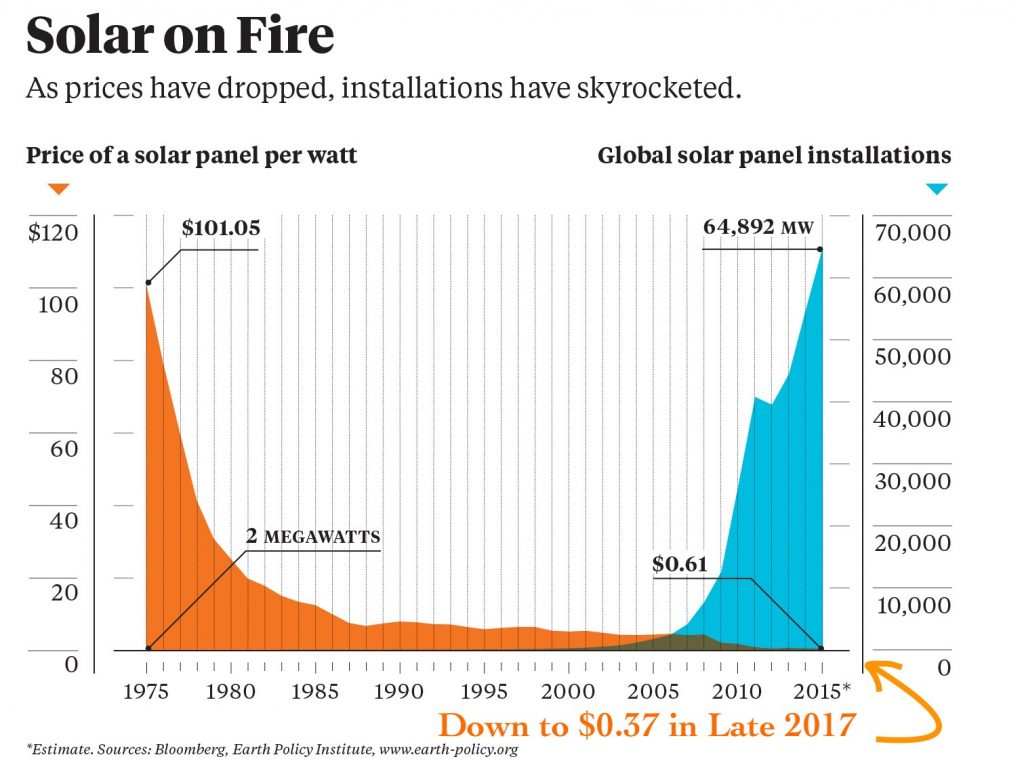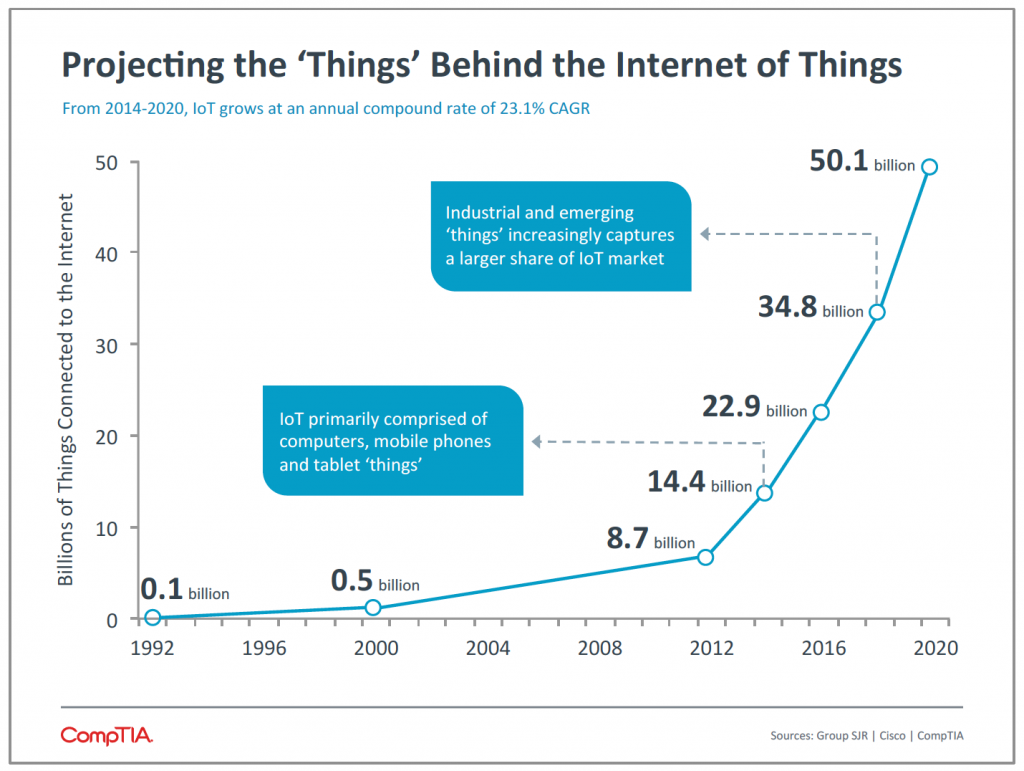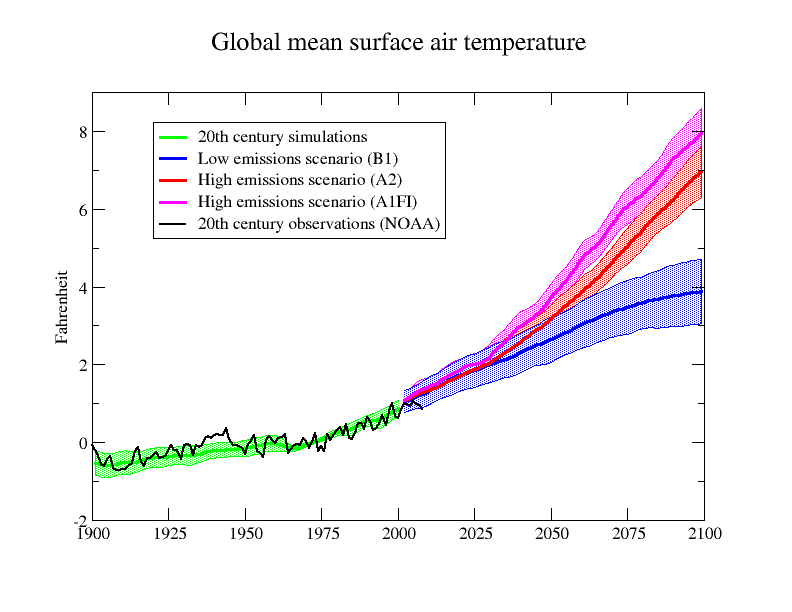A few years ago, we reached an inflection point with opentaps. We would look back and feel a sense of pride in what we’ve built — a feature-rich, commercial-grade ERP and CRM system that was used by companies big and small around the world.
But when we looked ahead, there was also a strong feeling that we needed to do things very differently in the future. Technology was changing in a big way, and with it how people would be using business software in the future. “Your Father’s ERP, 2.0” would not do.
So how do we make that transition? Successful software requires a strong first hand knowledge of how it would be used. For opentaps ERP, this began with our experience with Gracious Style, an online retailer we started and continue to run with opentaps.
For the next opentaps, we knew what the fundamental technologies should be, but it took some time to find those use cases. I had to look deep inside to find what I really cared about, and I realized it was sustainability. To me, this is the most important and fundamental business challenge of our time: How do we create an economy which could continue to provide for all of us? It would require new technologies, fresh thinking, innovative business models, and a lot of hard work. But what’s the alternative? A big, prolonged going-out-of-business party before we all head back to the caves?
So with this in mind, I started looking (again) for open source software. After some browsing, I found a project called VOLTTRON. It was originally developed by the Pacific Northwest National Laboratory of the U.S. Department of Energy for smart electricity grids and has evolved into a platform for energy data using industry-standard protocols such as MODBUS and BACNET. It’s already had several releases, been tested at scale with utilities and buildings, and hardened for cyber-security.
I also realized that energy is an exciting place to be for a lot of reasons. From a sustainability point of view, energy is a very important first step that we have to get right. The pressing problems of water, agriculture, and transportation could all be solved with enough clean energy — or make climate change even worse if we can’t make the clean energy transition.
From a technological point of view, energy is undergoing an amazing transition. On one hand, renewable energy and battery storage costs have fallen dramatically, as you can see in this chart:

On the other, the number of embedded Internet-of-Things (IOT) sensors is climbing rapidly:

In time, these two trends will completely transform energy industry. Instead of huge power plants sending electricity through high-voltage wires, you’ll also see buildings generating and storing their own energy on site and trading in real time with each other and even cars and bikes nearby.
That technological transformation will in turn lead to whole new business models. In the past, we bought energy from centralized utilities, which generated them at big power plants and sent them via high-voltage wires. In the future, though, parties big and small will be offering each other generation, demand flexibility, and grid services. Even something as small as an electric bike could trade with the biggest utilities. And it’ll all have to happen automatically, since this will involve far too much data for humans to monitor.
So this is where we see the new opentaps. Using what we learned building ERP and CRM software, we’ll be building business applications on top of energy data, like those gathered by VOLTTRON. For example, imagine an application that automatically verifies energy savings in real-time and pays tenants, customers, and investors. It’s similar to an ERP system that processes orders into invoices as they ship. But it’ll have to work with data across multiple special-purpose databases, turning energy usage from a specialized time-series database into financial records in a transactional database.
We hope this new opentaps will in turn empower a whole new set of business models and businesses as well. If you’re into software, please check it out. If you’re looking to start a business, please think about how you could use it to make the world sustainable and stop climate change.
But hurry, we don’t have much time:
